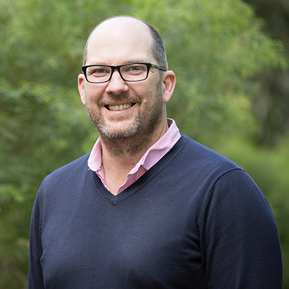PI4D Seminar – Dr. Stephen J. Turner
Description

Biography: Professor Stephen Turner is currently a NHMRC Principal Research Fellow and Head of the Department of Microbiology, Monash University. He was awarded his PhD in Viral Immunology from Monash University in 1997. He worked with Nobel Laureate, Professor Peter Doherty (St Jude Children’s Research Hospital, USA) studying influenza virus-specific T cell immunity. He returned to the University of Melbourne in 2002, was awarded an NHMRC RD Wright Fellowship in 2005 establishing his own research group. He was awarded a Pfizer Australia Senior Research Fellowship in 2007, an ARC Future Fellowship in 2012, and is currently CIA on an NHMRC program grant that focuses on T cell immunity to influenza. His research interests utilize a combination of structural biology, genomics, systems biology, recombinant viral technology and cellular immunology to examine molecular factors that impact T cell responses to virus infection.
Abstract: Naive CD8+ T cell activation upon infection induces specific changes in phenotype, proliferation and acquisition of lineage-specific function. The precise gene regulatory mechanisms that control these changes are largely unknown. Using a combination of genome wide sequencing approaches, we have examined the wholesale changes in the 3D genome structure and associated biochemical modifications associated with virus-specific CD8+ T cell differentiation in response to infection. Our data suggests that lineage-specific fate determination is largely preconfigured, or poised, within mature naive virus-specific CD8+ T cells. More importantly our data suggest that effector differentiation is in fact actively restrained within the naive state by specific molecular mechanisms. T cell activation results in release of this molecular handbrake and triggers transcriptional activation of a highly regulated differentiation program that underpins induction of an optimal effector killer T cell response. Understanding these mechanisms is key for understanding not only how optimal CD8+ T cell effector function is established, how immunological memory is established, and how we may modulate this process for therapeutic gain.
Contact Details
- Melanie Lindsay
- lindsay@purdue.edu
- 7654940238

